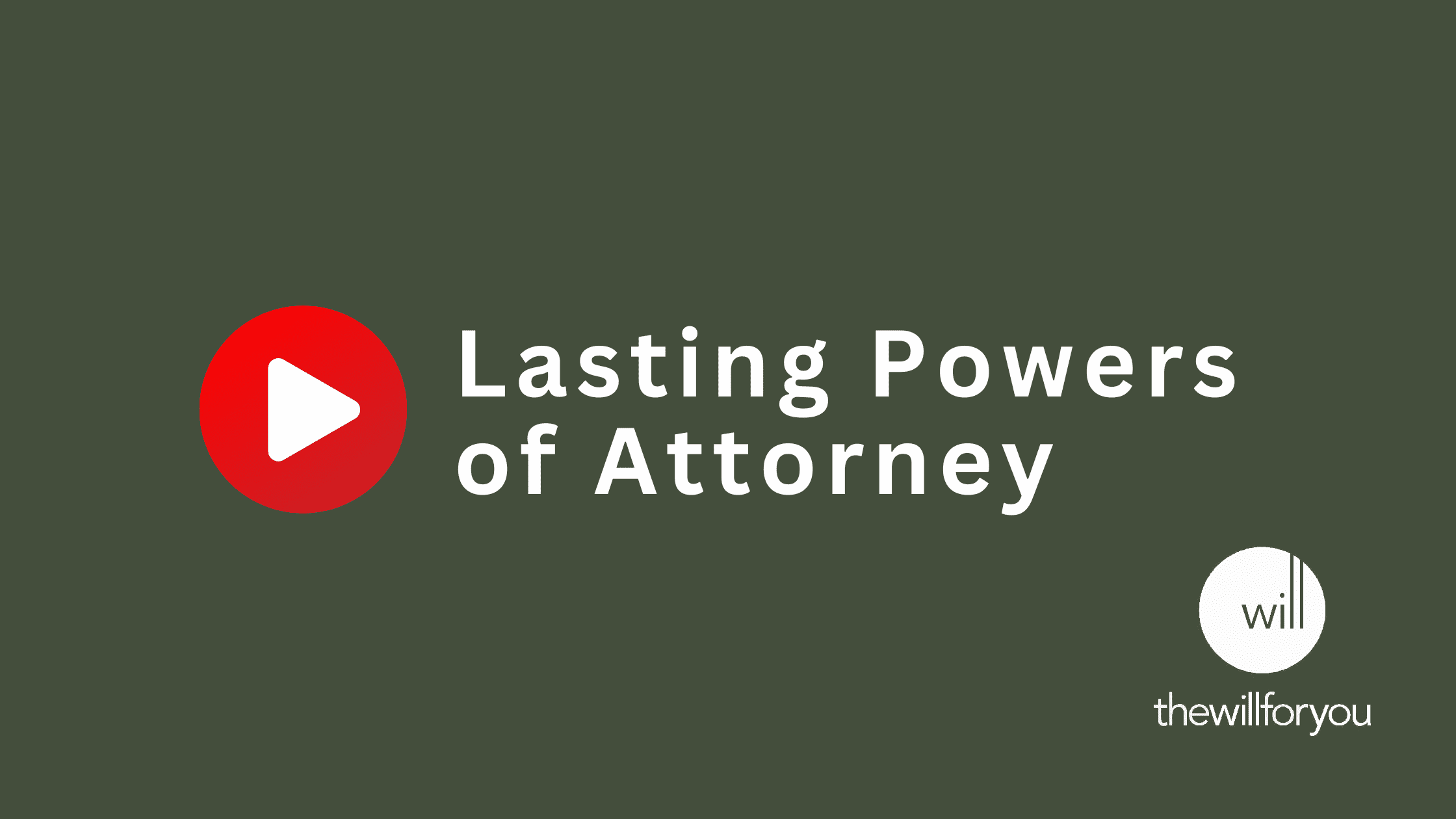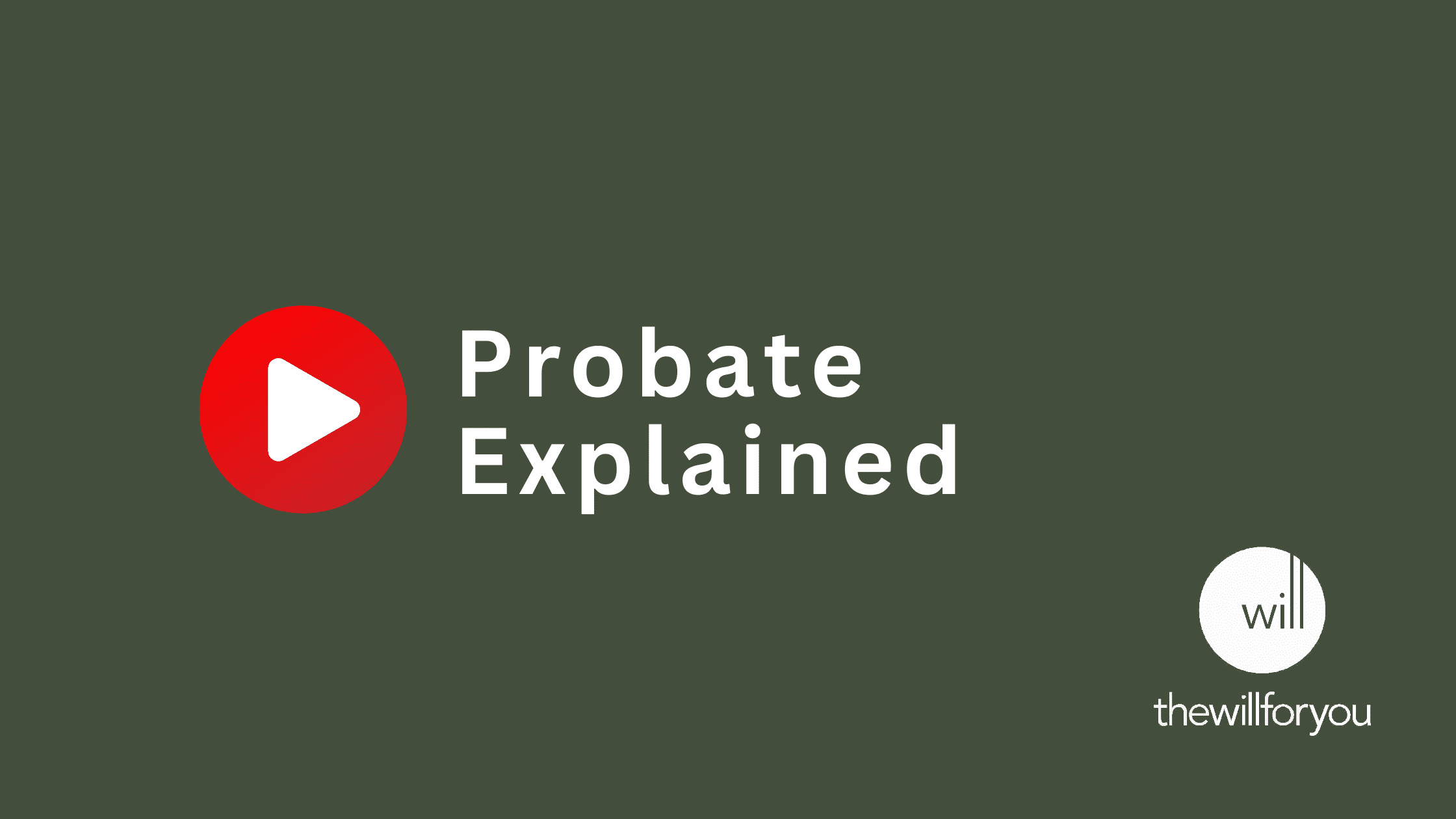Frequently Asked Questions
Wills
Please see our Wills page or blogs on this subject which deals with this question in depth.
Essentially, though, if you own property or have a child you certainly need a Will. In fact, any time you have a life changing event, you should rewrite your Will.
The best way is to take legal advice. However, if you wish to make your Will without advice, then you must make sure that your signature is witnessed by two independent witnesses who watch you sign your Will and then sign their names at the same time as a record of this. All three signatures should be recorded on the Will document and this must be dated at the same time.
The drafting of the provisions of the Will must also be clear and specific amongst other things.
If the Will is unsigned or is not witnessed and dated, it will be of no effect and as if it does not exist.
An executor is the person or people you appoint to administer your estate and obtain probate on your death. An executor can also be a beneficiary in the Will.
Executors are responsible for obtaining valuations of all your estate, paying any liabilities, collecting in all assets distributing the correct assets to your chosen beneficiaries in accordance with your Will. Acting as an executor can be a huge responsibility. Executors you name in your will should be people you trust and you should discuss the role with them before appointing them. If you cannot think of any person you wish to appoint as executor, or if you have a particularly complicated estate may be preferable to appoint professional Executors.
A Trustee is the person or people you appoint to manage a trust under your Will. It is a long term role and should not be undertaken lightly. Trustees should be chosen carefully as they will be responsible for making decisions concerning money and providing for your beneficiaries under the Trust who would normally be children or vulnerable people.
You may appoint up to four trustees to act together. You may appoint just one trustee, however it is preferable to appoint at least two and necessary to appoint two trustees where land is involved
A beneficiary is someone who benefits from a gift under your Will.
Anyone who is unrelated to you. A beneficiary or anyone mentioned in your Will, cannot act as your Witness.
Two witnesses are required. A will can be witnessed by anyone over the age of 18 who has the requisite capacity. A blind or mentally unsound person cannot witness a Will. If you have appointed a solicitor as an executor for your will, they can act as a witness. A witness may not receive any benefit from your Will, nor may the spouse or civil partner of a witness. It is therefore preferable that the witnesses are people who are not mentioned in the Will.
The witnesses you choose should ideally be younger than you as they may be called upon to confirm the validity of your Will if it is ever contested.
You may choose to use a neighbour or a work colleague. If a witness was to benefit from your Will then the gift will fail.
A letter or expression of wishes is a document which should be kept with your Will and is used to give instructions to your trustees as to what you would like to happen to your estate.
It can also be used to give guidance to appointed guardians on how to care for your children, or to provide your reasons for excluding a person from your Will.
You can update this at any time and it is does not need to witnessed in the same way as a Will.
It is not legally binding and is purely an indication of what you would,like to happen.
It is commonly used to support a discretionary trust and give general direction to the Trustees and is also a convenient way of leaving a list of items to specific beneficiaries eg my gold watch to my son. It is therefore a very convenient document to draw up as it can be amended over time as things change and this can be done without specific legal advice. It is usually kept with the Will so that the executors know of its existence.
This is an amendment to your Will after the Will has been signed and dated. It is usually done at a later date and is designed to amend a specific provision in the Will.
A codicil must be signed and witnessed in the same way as a Will.
Not usually. The Probate Court requires the original Will to be produced.
In exceptional circumstances a copy of the Will can be used to apply for probate. Instead, a very detailed affidavit (legal statement) must be made by the Executor applying for probate. The executor must confirm that the original Will was validly executed, and clarify the circumstances relating to the loss of the original Will and what attempts have been made to trace it. They must also provide details of the people would stand to lose out of the copy Will were admitted to probate. (The people who would inherit under the Rules of Intestacy)
Many people store their Wills with the bank or firm of solicitors. Others keep their own documentation. Please note that the original Will is needed at death to apply for a grant of probate so you must inform your Executors of its whereabouts.
The Intestacy rules apply when someone dies without a Will. These dictate how your estate is distributed in priority order amongst your family. Many people would not want their estate to pass in this way and therefore it is very important to make sure that you make your Will and ensure that you gift your estate to the people or charities you choose.
Lasting Powers of Attorney
An LPA is a legal document that allows you (the ‘donor’) to appoint one or more people (known as ‘attorneys’) to help you make decisions or to make decisions on your behalf. This gives you more control over what happens to you if you have an accident or an illness and can’t make decisions at the time they need to be made.
Yes, there are two types:
- Health and Welfare LPA: This covers your health and personal welfare and gives your attorney the power to make decisions about things like your daily routine, medical care, moving into a care home, and life-sustaining treatment.
- Property and Financial Affairs LPA: This allows your attorney to make decisions about your money and property, including managing your bank accounts, paying bills, collecting your pension, and selling your home.
Any person aged 18 or over, with the capacity to do so, can make an LPA. It’s important to make an LPA while you still have the mental capacity to make your own decisions.
To set up an LPA, you need to choose an attorney, complete the relevant LPA forms, and then register it with the Office of the Public Guardian. We’re on hand to guide you through the process.
You can appoint anyone you trust, such as a family member, a friend, or a professional, as long as they are over 18 and have the mental capacity to make decisions. It’s important to choose someone who has your best interests at heart.
Lasting Powers of Attorney can be used when they have been registered with the Office of the Public Guardian.
Yes, as long as you have the mental capacity to do so, you can cancel or change your LPA. This involves making a formal deed of revocation or alteration and informing the Office of the Public Guardian.
If you lose mental capacity and don’t have an LPA, someone may need to apply to the Court of Protection to become your deputy. This process can be more time-consuming and expensive than an LPA.
Yes, there is a fee for registering each LPA with the Office of the Public Guardian. Concessions and exemptions are available based on income and benefits.
Trusts
A trust is a legal arrangement where assets are managed by one or more individuals (trustees) for the benefit of others (beneficiaries). It’s a common tool in estate planning to manage and protect assets both during the settlor’s lifetime and after their passing. There are lots of types of trust and some have different tax benefits.
- Will-based Trusts: These are established within a person’s will and come into effect upon their death. They are useful for managing and distributing assets posthumously, often to protect assets for certain beneficiaries, like minor children.
- Lifetime Trusts: These are set up during a person’s lifetime. They offer more immediate control over assets, can help in tax planning, and may offer protection against future life events like divorce or bankruptcy.
A Discretionary Trust is where the trustees have discretion over how and when to distribute assets and income to beneficiaries. This type of trust is useful for providing for beneficiaries who might not be able to manage funds themselves, or in situations where flexibility is desired, such as with family members who have differing needs.
A Protective Property Trust is often used in wills to protect a share of a property. It ensures that a person’s share of a property passes to their chosen beneficiaries, such as their children, while allowing the surviving partner to continue living in the property for the rest of their life.
This type of trust is designed for beneficiaries who are vulnerable due to age, disability, or illness. It allows for assets to be managed on their behalf in a way that takes into account their specific needs and can provide tax efficiencies.
Trusts can impact Inheritance Tax (IHT). The rules depend on the type of trust and the assets involved. For example, assets placed in some trusts may be treated as a gift, potentially reducing the IHT liability, but there are complex rules and allowances to consider.
Trusts can offer some level of protection against divorce or bankruptcy, particularly Lifetime Trusts. However, it’s important to set them up correctly and with the right intentions, as courts may look into the motives behind setting up the trust.
Unlike wills, which become public documents after death, trusts generally remain private, offering discretion over how assets are managed and distributed.
This depends on the type of trust. Some trusts, like revocable trusts, can be altered or revoked, while others, like irrevocable trusts, cannot be changed once established.







